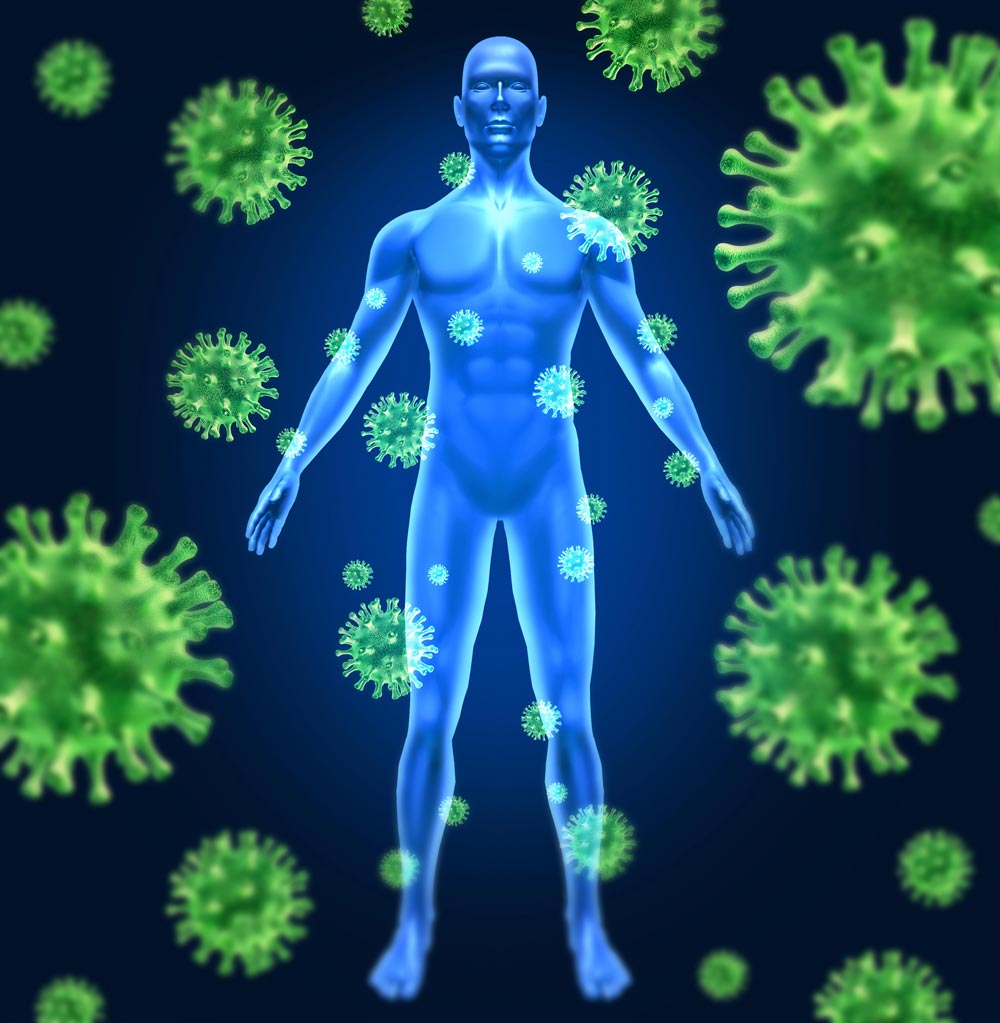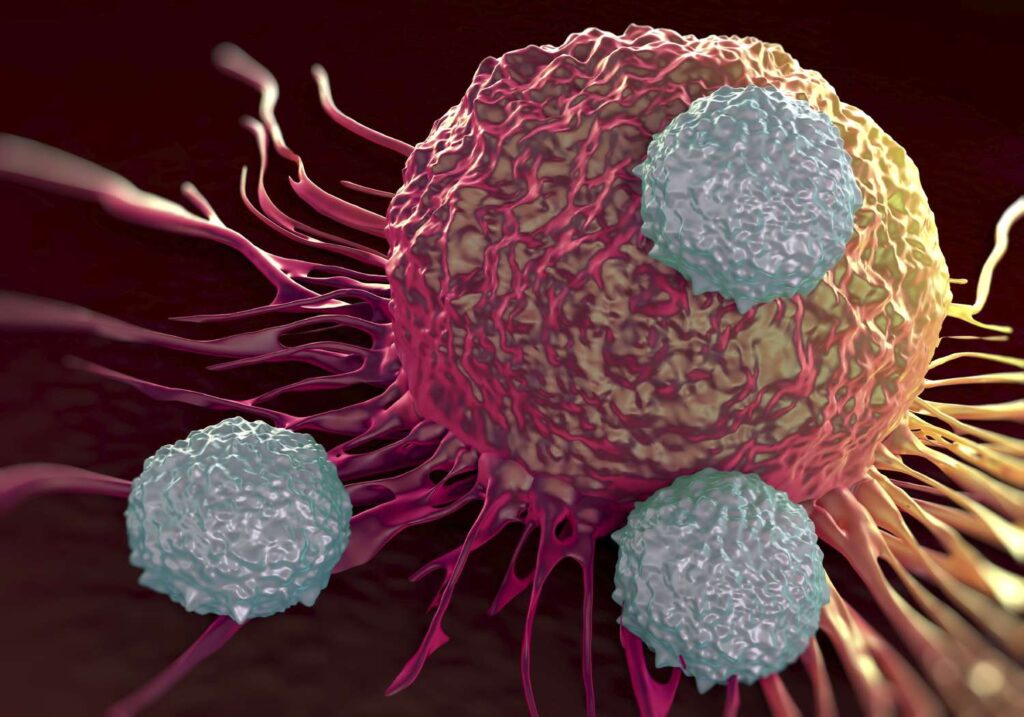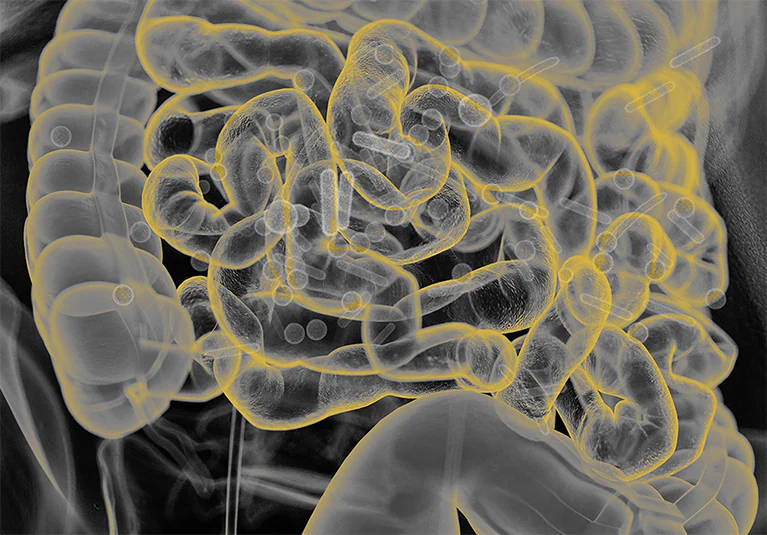Summarized Version Of The Common And Dangerous Diseases

What is a Disease:
A disease is a pathological condition that disrupts the normal functioning of an organism’s body or mind. It is characterized by a combination of signs, symptoms, and underlying physiological or biochemical changes that deviate from the normal state of health. Diseases can arise from a variety of factors, including pathogens such as bacteria, viruses, fungi, and parasites; genetic mutations; environmental factors; lifestyle choices; and other unknown or complex mechanisms.
Diseases can range from mild and self-limiting conditions to severe and life-threatening illnesses. They may affect specific organs, systems, or the entire body, resulting in disruptions in bodily functions and overall well-being. The diagnosis, treatment, and prevention of diseases are fundamental components of medical science and healthcare, with the goal of restoring and maintaining optimal health.
Top 3 Common & Dangerous Diseases :
- Cancer
- Diabetes
- Diarrhea
1. Cancer :
Cancer is a multifaceted and frequently perilous cluster of illnesses distinguished by the unregulated proliferation and division of anomalous cells within the human body. These anomalous cells, commonly referred to as cancer cells, have the capacity to infiltrate and obliterate healthy tissues and organs, resulting in a diverse array of health complications. Cancer can arise in diverse regions of the body and can manifest in a multitude of forms, each with its own distinct attributes and behaviors.
Top 5 major symptoms of cancer:
The symptoms of cancer can vary widely depending on the type and stage of cancer. However, here are five major symptoms that might indicate the presence of cancer:
Unintentional Weight Loss: The occurrence of significant and unexplained weight loss, often accompanied by a loss of appetite, may serve as an indicator of various types of cancer. This is particularly concerning if there has been no alteration in one’s dietary or physical activity habits.
Persistent Fatigue: The presence of ongoing fatigue that does not improve with rest and cannot be attributed to other factors may be indicative of cancer. Cancer-related fatigue is frequently more severe than typical tiredness.
Unexplained Pain: The persistence of unexplained and continuous pain in any region of the body may be a symptom of cancer. While pain may not be present in all forms of cancer, it may serve as a warning sign, particularly if it does not respond to conventional treatments.
Alterations in Skin: Alterations in the pigmentation, dimensions, configuration, or consistency of nevi or other cutaneous lesions, along with the emergence of novel growths or non-healing ulcers, necessitate medical assessment.
Atypical Hemorrhaging or Secretion: Inexplicable hemorrhaging or secretion from diverse bodily orifices, such as hematuria, melena, or expectorated mucus, as well as anomalous vaginal bleeding or nipple discharge, warrant medical examination.
It is imperative to acknowledge that these symptoms may arise from causes other than cancer. Nevertheless, if one experiences any of these symptoms and they persist or deteriorate over an extended period, it is recommended to seek medical attention for a thorough evaluation and diagnosis. Early detection and treatment can substantially enhance the prognosis for individuals with cancer.

Top 5 major precautions against cancer:
Certainly, here are the top 5 major precautions you can take to reduce your risk of cancer:
Avoid Tobacco and Smoking: The most effective way to help cancer is to fully avoid tobacco and smoking in all forms. Smoking is a leading cause of colorful types of cancer, including lung, mouth, throat, and more.
Healthy Diet: Borrow a balanced and nutritional diet that includes a variety of fruits, vegetables, whole grains, spare proteins, and healthy fats. Limit reused foods, sticky snacks, and red/ reused flesh.
Regular Exercise: Physical exertion Engage in regular exercise to maintain a healthy weight and promote overall well- being. Aim for at least 150 twinkles of moderate- intensity or 75 twinkles of vigorous- intensity exercise per week.
Sun Protection: Ccover your skin from dangerous ultraviolet( UV) radiation by using sunscreen with at least SPF 30, wearing defensive apparel, and seeking shade when outside. Skin cancer is largely preventable through sun safety measures.
Moderate Alcohol Consumption: If you choose to drink alcohol, do so in temperance. For men, this generally means up to two drinks per day, and for women, up to one drink per day. inordinate alcohol consumption is linked to an increased threat of cancer.
These precautions are crucial for reducing your risk of cancer, but it’s also important to stay informed about your family’s medical history, get vaccinated against cancer-causing infections like HPV, and follow recommended cancer screening guidelines for early detection. Remember, making these healthy choices can greatly contribute to your overall well-being and long-term health.
2. Diabetes :
Diabetes mellitus, commonly referred to as diabetes, is a persistent medical ailment that impacts the manner in which the human body metabolizes glucose, a fundamental source of energy for cells. This condition arises from either the insufficient production of insulin by the body or the body’s incapacity to utilize the insulin it generates efficiently. Insulin, a hormone synthesized by the pancreas, plays a crucial role in regulating blood sugar levels.
Top 5 major symptoms of diabetes:
The symptoms of diabetes can vary depending on the type of diabetes and its inflexibility. Then are the top 5 major symptoms that are generally associated with diabetes
Frequent Urination( Polyuria): People with diabetes frequently witness an increased need to urinate, especially at night. This occurs because redundant sugar builds up in the bloodstream and is excreted through the urine. As a result, the body produces further urine to exclude the redundant sugar.
Inordinate Thirst( Polydipsia): Increased urination can lead to dehumidification, which triggers inordinate thirst. People with diabetes may find themselves drinking further fluids than usual to quench their thirst.
Unexplained Weight Loss: Despite increased appetite, unexplained weight loss can do in individualities with diabetes. This is particularly common in type 1 diabetes when the body is unfit to use glucose for energy and starts breaking down muscle and fat for energy.
Fatigue: Patient fatigue and lack of energy can be a symptom of diabetes. When cells are unfit to admit acceptable glucose due to insulin resistance or insufficiency, the body’s energy product is affected, leading to frazzle. Blurred Vision High blood sugar situations can affect the lens of the eye, causing temporary changes in vision.
Blurred Vision: Blurred vision or difficulty fastening can be a symptom of diabetes.
It’s important to note that while these symptoms are characteristic of diabetes, they can also be caused by other health conditions. However, especially if they’re patient or severe, it’s judicious to seek medical attention for proper evaluation and opinion, If you are passing any of these symptoms. Early opinion and operation of diabetes are essential to help complications and promote overall health.

Top 5 major precautions against diabetes:
Weight Management: The maintenance of a healthy weight is of utmost importance in the prevention and management of diabetes. In the event of being overweight or obese, even a minor reduction in weight can significantly decrease the likelihood of developing diabetes or assist in managing the condition if already present.
Healthy Diet Maintenance: Emphasis should be placed on a balanced and nutritious diet that incorporates an abundance of fruits, vegetables, whole grains, lean proteins, and healthy fats. The consumption of sugary foods and beverages, processed foods, and high-carb snacks should be limited. Foods with a low glycemic index should be preferred to stabilize blood sugar levels.
Hydration: Adequate water intake throughout the day can aid in maintaining healthy blood sugar levels and promoting overall well-being.
Sleep Quality: The objective should be to obtain 7-9 hours of quality sleep per night. Poor sleep patterns and inadequate sleep can impact insulin sensitivity and heighten the risk of diabetes.
Stay Informed: Educate yourself about diabetes, its risk factors, and ways to prevent or manage it. Awareness empowers you to make informed choices for your health.
3. Diarrhea :
Diarrhea is a prevalent gastrointestinal ailment that is typified by the frequent excretion of loose, watery feces. It is frequently accompanied by an imperative urge to defecate and may be linked to abdominal cramps, distension, and occasionally, nausea and emesis. Diarrhea can manifest acutely, persisting for a brief duration, or chronically, persisting for several weeks or more.
Top 5 major symptoms of diarrhea:
Nausea and Vomiting: Certain instances of diarrhea may be accompanied by symptoms of nausea and vomiting, particularly if the root cause is attributed to infections or food poisoning.
Fever: Infections that trigger diarrhea may result in a fever, particularly if the underlying cause is bacterial or viral in nature.
Dehydration: Diarrhea can lead to a loss of fluids, which may result in symptoms of dehydration, such as dryness of the mouth, decreased urination, increased thirst, and fatigue.
Weakness and Fatigue: Prolonged diarrhea and dehydration can lead to feelings of weakness and exhaustion.
Blood or Mucus: In certain cases, the presence of blood or mucus in the stool may indicate an underlying issue that requires further investigation.
It’s important to note that while utmost cases of diarrhea are tone- limiting and resolve within a many days, patient or severe diarrhea can lead to complications like dehydration. However, bloody, or accompanied by high fever, If diarrhea is severe. For mild cases of diarrhea, maintaining proper hydration, consuming a mellow and fluently digestible diet, and rehearsing good hygiene can help manage symptoms. However, it’s recommended to consult a healthcare professional for proper evaluation and guidance, If you have enterprises about diarrhea or its implicit causes.

Top 5 major precautions against diarrhea:
Hand Hygiene: Wash your hands constantly with cleaner and clean water, especially before eating, after using the restroom, and after handling particulars that could be defiled.
Safe Food Handling: Make sure that food is cooked completely and handled duly. Avoid consuming undercooked flesh, raw seafood, unpasteurized dairy products, and raw eggs. Wash fruits and vegetables before eating or cooking.
Safe Water Consumption: Drink clean, bottled, or duly treated water. However, boil water or use water sanctification styles( similar as filtration or water sanctification tablets) to insure it’s safe to drink, If bottled water isn’t available.
Hygiene During Travel: If you are traveling to regions with different hygiene norms, be conservative with food and water. Choose sand food merchandisers precisely, and avoid consuming raw or road foods that may increase the threat of impurity.
Personal Hygiene: insure proper sanitation and cleanliness, especially in participated living spaces or public restrooms. Avoid close contact with individualities who have diarrhea, as the infection can spread through person- to- person contact.
While these precautions can help reduce the risk of diarrhea, it’s important to remember that some cases may be unavoidable. If you experience persistent or severe diarrhea, or if you’re concerned about its causes or symptoms, seek medical attention for proper evaluation and treatment.







1 thought on “Summarized Version Of The Common And Dangerous Diseases”